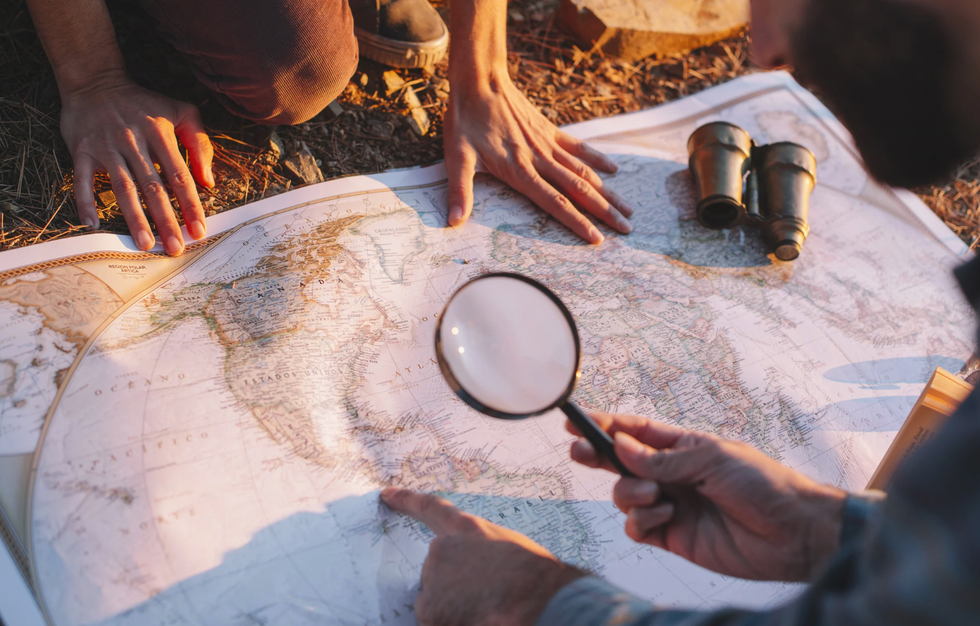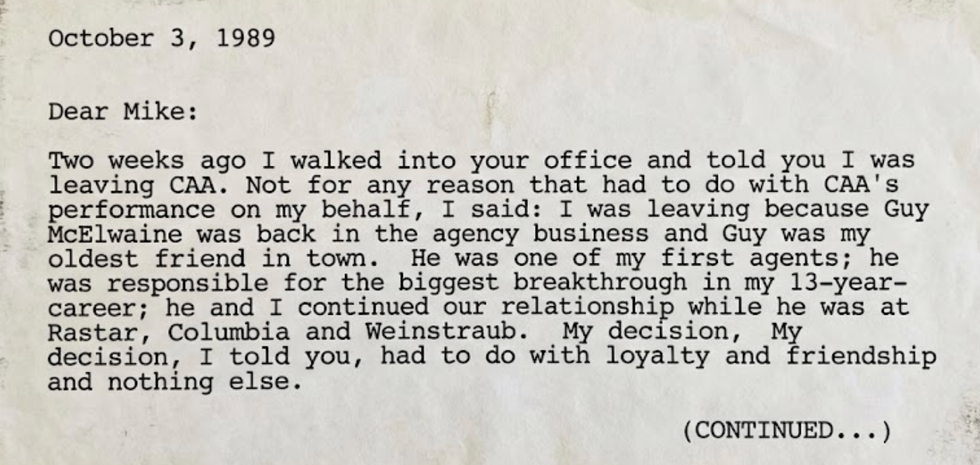This article was produced in partnership with the United Nations to launch the biggest-ever global conversation on the role of cooperation in building the future we want.
When half of the world's population doesn't share the same opportunity or rights as the other half, the whole world suffers. Like a bird whose wings require equal strength to fly, humanity will never soar to its full potential until we achieve gender equality.
That's why the United Nations made one of its Sustainable Development Goals to "Achieve gender equality and empower all women and girls." That goal includes providing women and girls equal access to education and health care, as well as addressing gender-based discrimination and violence against women and girls.
While there is still much work to be done, history shows us that we are capable of making big leaps forward on this issue. Check out some of the milestones humanity has already reached on the path to true equality.
Historic Leaps Toward Gender Equality
1848 The Seneca Falls Convention in New York, organized by Elizabeth Lady Stanton and Lucretia Mott, is the first U.S. women's convention to discuss the oppression of women in sociopolitical, economic, and religious life.
1893 New Zealand becomes the first self-governing nation to grant national voting rights to women.
1903 Marie Curie becomes the first woman to win a Nobel Prize. She is also the only woman to win multiple Nobel Prizes, for Physics in 1903 and Chemistry in 1911.
1920 The 19th Amendment is passed in the U.S. giving women the right to vote in all 50 U.S. states.
1973 The U.S. Open becomes the first major sports tournament of its kind to offer equal pay to women, after tennis star Billie Jean King threatened to boycott.
1975 The first World Conference on Women is held in Mexico, where a 10-year World Plan of Action for the Advancement of Women is formed. The first International Women's Day is commemorated by the UN in the same year.
1979 The UN General Assembly adopts the Convention on the Elimination of All Forms of Discrimination against Women (CEDAW), also known as the "Women's Bill of Rights." It is the most comprehensive international document protecting the rights of women, and the second most ratified UN human rights treaty after the Convention on the Rights of the Child.
1980 Vigdis Finnbogadottir of Iceland becomes the first woman to be elected head of state in a national election.
1993 The UN General Assembly adopts the Declaration on the Elimination of Violence against Women, the first international instrument to explicitly define forms of violence against women and lay out a framework for global action.
2010 The UN General Assembly creates the United Nations Entity for Gender Equality and the Empowerment of Women (UN Women) to speed progress on meeting the needs of women and girls around the world.
2018 The UN and European Union join forces on the Spotlight Initiative, a global, multi-year initiative focused on eliminating all forms of violence against women and girls.
As the UN celebrates its 75th anniversary, it is redoubling its commitment to reach all 17 Sustainable Development Goals, including gender equality. But it will take action and effort from everyone to ensure that women and girls are free from discrimination and violence. Learn more about what is being done to address gender equality and see how you can get involved here.
And join the global conversation about the role of international cooperation in building the future by taking the UN75 survey here.
Let's make sure we all have a say in the future we want to see.

















 A hotel clerk greets a guestCanva
A hotel clerk greets a guestCanva Gif of Faye Dunaway' as Joan Crawford demanding respect via
Gif of Faye Dunaway' as Joan Crawford demanding respect via  An empty rooftopCanva
An empty rooftopCanva
 A road near equatorial Atlantic OceanCanva
A road near equatorial Atlantic OceanCanva Waves crash against rocksCanva
Waves crash against rocksCanva

 Two people study a mapCanva
Two people study a mapCanva Foggy Chinese villageCanva
Foggy Chinese villageCanva

 An excerpt of the faxCanva
An excerpt of the faxCanva